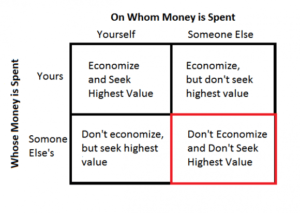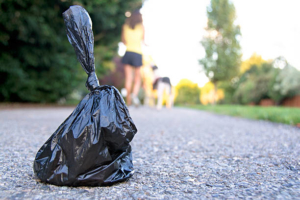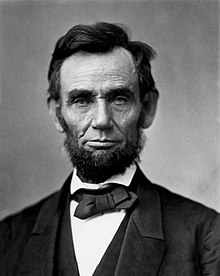Where and When do I vote?
Advance Voting Day 1: October 5, 2022, at the Whistler Public Library.
Advance Voting Day 2: October 8, 2002, at the Whistler Public Library.
General Voting Day: October 15, 2022, at Myrtle Philip School.
Mail Ballot Voting: mail ballot packages will include a Registration Form for Residents and Non-Residents Property Electors.
Can I Vote by Mail?
Yes!
All electors are eligible to vote by mail ballot if you are either a resident or non-resident property elector.
Requesting a Mail Ballot Package
In order to obtain a mail ballot, you must submit an Application to Vote by Mail to the RMOW no later than 4 p.m. on October 12, 2022. Applications are available here and at the front desk at Municipal Hall during regular business hours.
Your application can be submitted in person at Municipal Hall during regular hours, by email to election@whistler.ca, or delivered by Canada Post to the following address: Chief Election Officer, Resort Municipality of Whistler, 4325 Blackcomb Way, Whistler, BC, V8E 05X.
The Resort Municipality of Whistler will start sending out mail ballot packages on September 29, 2022. To be counted, your mail ballot must be received by the Chief Election Officer no later than 8 p.m. on Saturday, October 15, 2022.
Who is allowed to vote?
To vote as a resident or non resident property elector, you must meet all of the following qualifications:
-18 years or older on voting day,
-A Canadian citizen, a resident of B.C. for at least six months before registering, and not disqualified from voting under the Local Government Act or otherwise disqualified by law.
-As well, to vote as a resident you must have lived in Whistler for at least 30 days prior to registering; to vote as a property owner, you must be the registered owner of real property in Whistler for at least 30 days prior to registering, and if not the sole owner of the property, you must have the written consent of the majority of individuals registered as owners. You may only vote once regardless of how many properties you own in Whistler.
I own a Property in Whistler but I don’t live there, can I still vote?
YES. Non-resident electors must currently own property in Whistler.
To register as a non-resident elector you must meet the qualifications to vote and provide evidence of your identity and place of residence. You must provide two pieces of identification: one piece of identification must contain your identity and place of residence and at least one piece of identification must contain your signature. Examples of acceptable I.D. include a BC Driver’s License, automobile insurance, I.D. card, or BC Care Card.
If more than one person owns the property, only one owner may register and vote and that person must have the written consent of a majority of the other owners. You can only register in relation to one piece of property.
Click here to download the Non-Resident Property Elector Consent Form
You must also be prepared to sign a solemn declaration of your place of residence. If you do not comply with this requirement, you will not be registered to vote. Property owners whose property is registered in the name of a company are not qualified to vote.
How do I register to vote?
A person may register as a resident elector or a non-resident elector on general voting day or at any of the advance or special voting opportunities. To register as a resident elector you must meet the qualification to vote and provide evidence of your identity and place of residence. You must provide two pieces of identification: one piece of identification must contain your identity and place of residence and at least one piece of identification must contain your signature. Examples of acceptable I.D. include a BC Driver’s License, automobile insurance, I.D. card, or BC Care Card
Do I have to vote for six candidates?
NO, you can vote for as many as six but there is no minimum.
In the Resort Municipality of Whistler (RMOW) qualified voters will vote for 1 Mayor, 6 Councillors and 2 School Trustees (unless one or more of these positions are won by acclamation).
What do I need to bring to the polls?
You must provide two pieces of identification: one piece of identification must contain your identity and place of residence and at least one piece of identification must contain your signature. Examples of acceptable I.D. include a BC Driver’s License, automobile insurance, I.D. card, or BC Care Card.
Is my name on the current register of electors?
If you are not sure, you can find out by calling or visiting the Resort Municipality of Whistler Municipal Hall, 4325 Blackcomb Way, Whistler, BC, (604) 932-5535, or toll free at 1-866-932-5535 The office is open from 8:00 am to 4:30 pm, Monday to Friday (excluding holidays).



 cause would accomplish nothing. He encouraged them to take the approach of an “erring man to an erring brother”, and reminded them that “a drop of honey catches more flies than a gallon of gall”. Lincoln was famous for being able to see both sides of any issue, and his leadership was masterful because of his incredible empathy towards his fellow man.
cause would accomplish nothing. He encouraged them to take the approach of an “erring man to an erring brother”, and reminded them that “a drop of honey catches more flies than a gallon of gall”. Lincoln was famous for being able to see both sides of any issue, and his leadership was masterful because of his incredible empathy towards his fellow man.